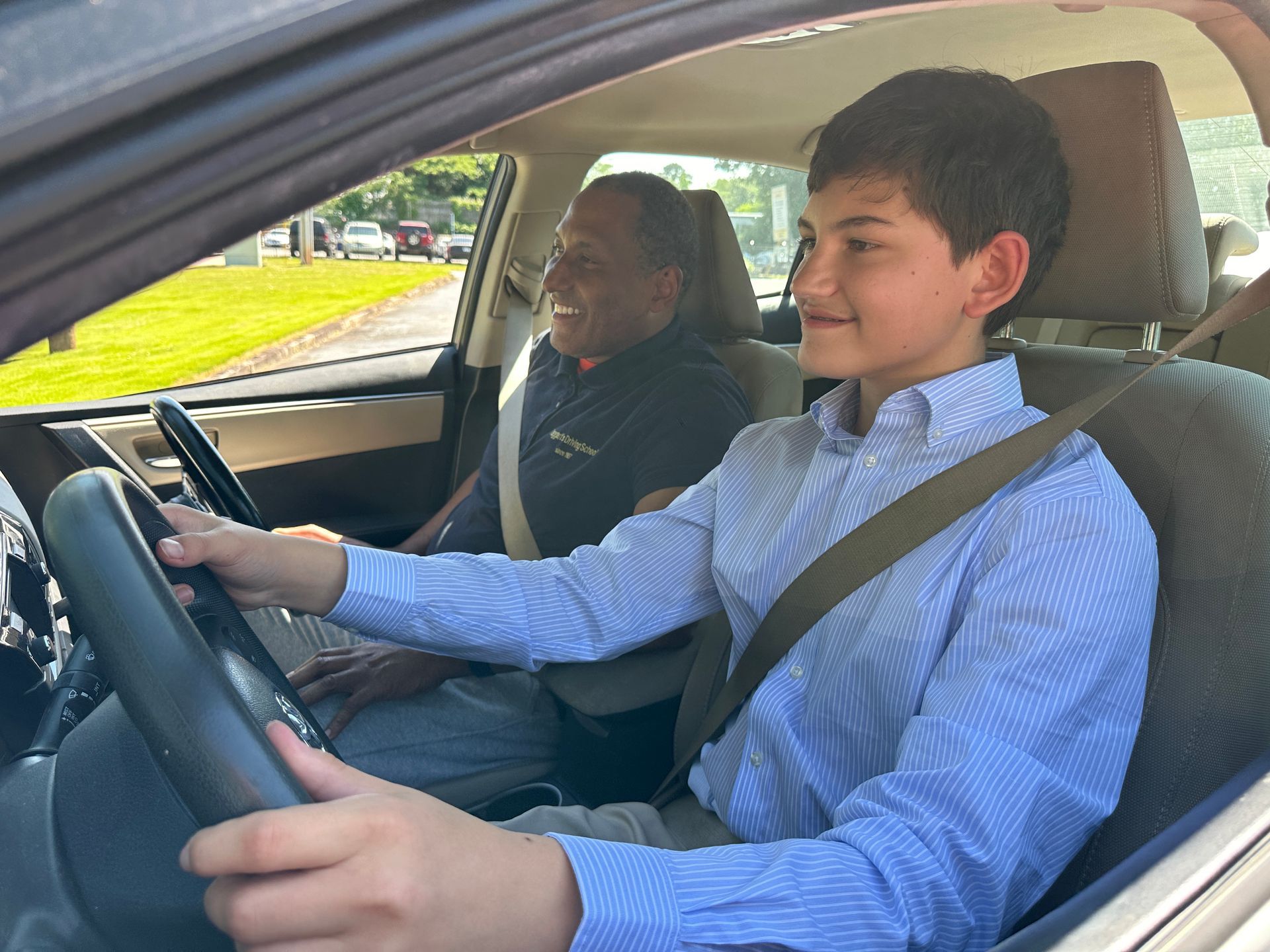Living with driver anxiety can be painful and cost you your independence. Use this guide to help you feel more confident behind the wheel.
Driver anxiety is very real, and it can negatively impact how safe you feel behind the wheel. Common fears that can cause driver anxiety include a fear of losing control while on the road, a fear of getting lost, a fear of being in another car accident, or simply the fear of having a panic attack while stuck in traffic.
Driver anxiety can leave you terrified to drive anywhere - even short distances to run errands- and living with it can be painful and cost you your independence. Use this guide to help yourself feel more confident behind the wheel.
Take a Driving Course
Many people who have a general anxiety about driving actually have a driver's license and a decent driving history. Their discomfort generally stems from a feeling of inadequacy behind the wheel, especially if they've been in an accident in the past - whether the wreck was their fault or not.
Taking a driving course, particularly a defensive driving course, can help you feel more confident behind the wheel. You will learn ways to watch out for other driver activities so that you can have more control, and you will also learn new ways you can react to various road conditions. With an instructor by your side in a controlled environment, you will be able to re-wire your anxiety about driving so you can feel safer when you drive solo.
Target Panic Areas
What makes you scared behind the wheel? Driving at night? Turning left at a stoplight? Parallel parking? Heavy traffic? Getting into an accident? Write down your major concerns about driving and share them with a driving instructor. Your driving instructor will design a driving training routine that will encompass the types of road skills needed to overcome your biggest driving anxieties.
Choose Short Destinations
As you strive to overcome your driver anxiety, start small. Test your anxiety on the road by choosing short destinations that don't require you to take heavily trafficked roads. If driving alone gives you greater anxiety, bring along a friend who is also licensed to drive in case you feel overwhelmed at some point. If you begin to panic or feel lost on your journey, pull off the road to take a breather until you feel ready to try again.
Don't be hard on yourself - driver anxiety doesn't go away in a single test drive. You will likely have to take many trips to the same easy destination before you begin to feel comfortable behind the wheel. As you accomplish one short destination, pick a new one a few miles farther away or on a different route, and take on the new challenge as you feel ready.
Grasp Anxiety Reality
Remember this: it is very rare that drivers actually get into car accidents due to a panic or anxiety attack. In more cases than not, your anxiety can be safely managed to allow you to get to your destination without injury. The key lies in putting more trust in your driving skills than in your mind's reaction to the unknown - the most common cause of driver anxiety.
If your driver anxiety is severe or if you believe you have a phobia of driving, speak to a therapist for helpful treatment in addition to taking driving courses.
As you sign up for driving courses, choose a driving instruction academy that has a defensive training course so that you can learn new ways to handle various types of road traffic and weather conditions. Trust us at Taggart's Driving School to teach you how to be a confident and safe driver. Call us today for more information.










